Business people are the new trade unions - unelected but continually to be appeased in case they turn nasty
All-round subservience to commercial muscle extends across the political spectrum
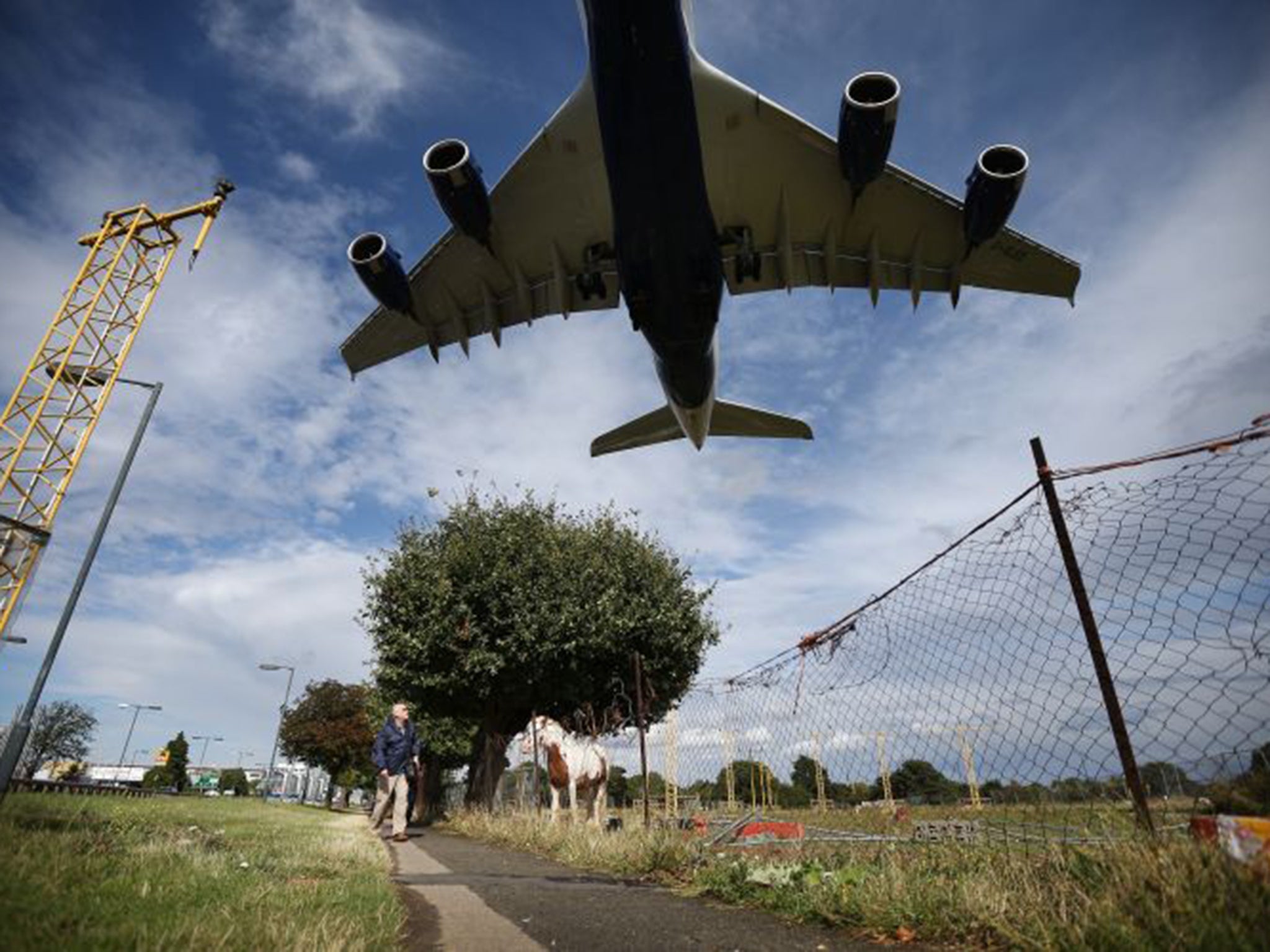
Not long back, and somewhat to my surprise, I found myself sitting on a platform at Wellington College in Berkshire taking part in the Sunday Times Festival of Education. The subject was the future of that tantalising abstract, and my fellow-panellists turned out to be Danny Finkelstein – Baron Finkelstein as he is now – Jenni Russell from The Times and, sitting next to me on one of the sofas from which these exchanges were conducted, the director-general of the Confederation of British Industry (CBI), John Cridland.
Mr Cridland was affability itself – personable, articulate, well-informed and dispelling the ancient caricature in which the man from the CBI features as a modern version of Dickens’ Mr Gradgrind, grimly beseeching the nation’s educators to churn out more worker ants for his factories. And yet, if I was surprised to find myself nervously answering the questions lobbed back by our inquisitor, the Wellington headmaster Sir Anthony Seldon, then the part of me that assumes education to be a part of the humanist project, a matter of encouraging each child to become the kind of person that he or she was meant to be, was also slightly taken aback to find Mr C – the public face of quite a lot of the attitudes one always imagined to be deeply opposed to humanist projects – there as well.
It took only a moment’s thought to establish that Mr Cridland had a perfect right to be present, far more of a right than yours truly, whose knowledge of the educational world is pretty much based on the experiences undergone by his three children, and probably as much as Baron Finkelstein and Ms Russell.
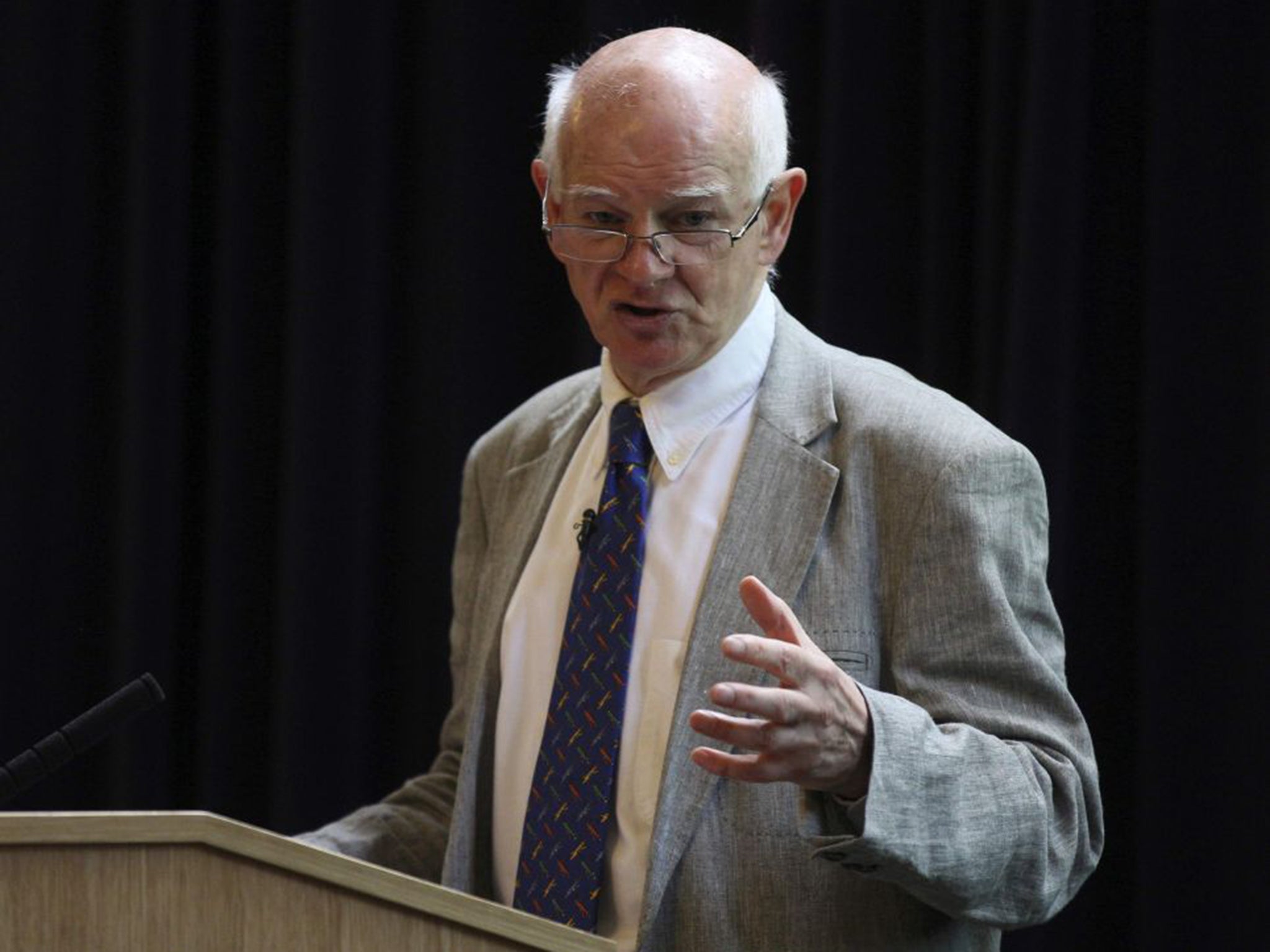
For nothing, it might be said, is more potent than the respect in which “business” is held by the nation’s opinion-formers, or more regular than its periodic interventions in short-term policy, or longer-term social and economic planning. If, 70 years ago, we had William Beveridge to plot our national destiny then, here in the much more laissez-faire 21st century, we have, as it may be, the Institute of Directors (IoD) and the paladins of the fracking industry.
Mr Cridland marched into my consciousness again last week when, in the wake of Sir Howard Davies’ report into airport expansion, he could be found in the newspapers urging the Government to “get the diggers in the ground at Heathrow by 2020” on the grounds that each day the decision is delayed “the UK loses out as our competitors reap the rewards and strengthen their trade links”. The business community’s other big beasts slavered alongside. “The Government should move quickly,” Simon Walker from the IoD insisted, while John Longworth from the British Chamber of Commerce advised ministers not to “duck or delay” and warned: “Business long ago ran out of patience.”
As someone who suspects that several significant UK interest groups in whom the media takes much less interest – victims of the bedroom tax, say, or the long-term disabled – long ago ran out of patience, I can’t say that the thought of all those businesspeople loudly cursing their inability to carve up another slice of countryside for the benefit of (and it is worth making this point as loudly as possible) foreign investors greatly alarmed me. In fact, I wondered whether it might not serve as a useful reminder that, even now, not everything in this country happens because a few captains of industry think that it ought to.
On the other hand, the deference which “business” nearly always receives both inside and outside the media made me think that perhaps I ought to write to Mr Longworth and apologise on behalf of all those purblind obstructionist forces who were holding the diggers at bay. Doubtless, there will be politicians of all parties ready to pick up the pen if I decline the honour, for all-round subservience to commercial muscle extends across the political spectrum. The Conservatives, naturally, have been sucking up to it ever since they were elected in 2010, ably abetted by the former business secretary Vince Cable, while, with one praiseworthy exception, Labour leadership candidates are falling over themselves to assure the gentlemen in Threadneedle Street that they have their best interests as heart.
Just as 40 years ago the tribunes of organised labour had constantly to be brought into government councils even though no one had elected them, now, with the mixed economy no more than a distant mirage, “business” is a kind of supplementary estate that needs to be conciliated at any cost for fear of its turning nasty – self-aggrandising, self-serving and, to go back to the education question, profoundly utilitarian. The pre-Morgan Department of Education, for example, used to resemble an exceptionally badly choreographed pantomime horse in which Michael Gove agonised over teenagers’ reluctance to read Victorian novels while his junior minister, Elizabeth Truss, routinely complained that school-leavers’ skills weren’t quite what employers had in mind.
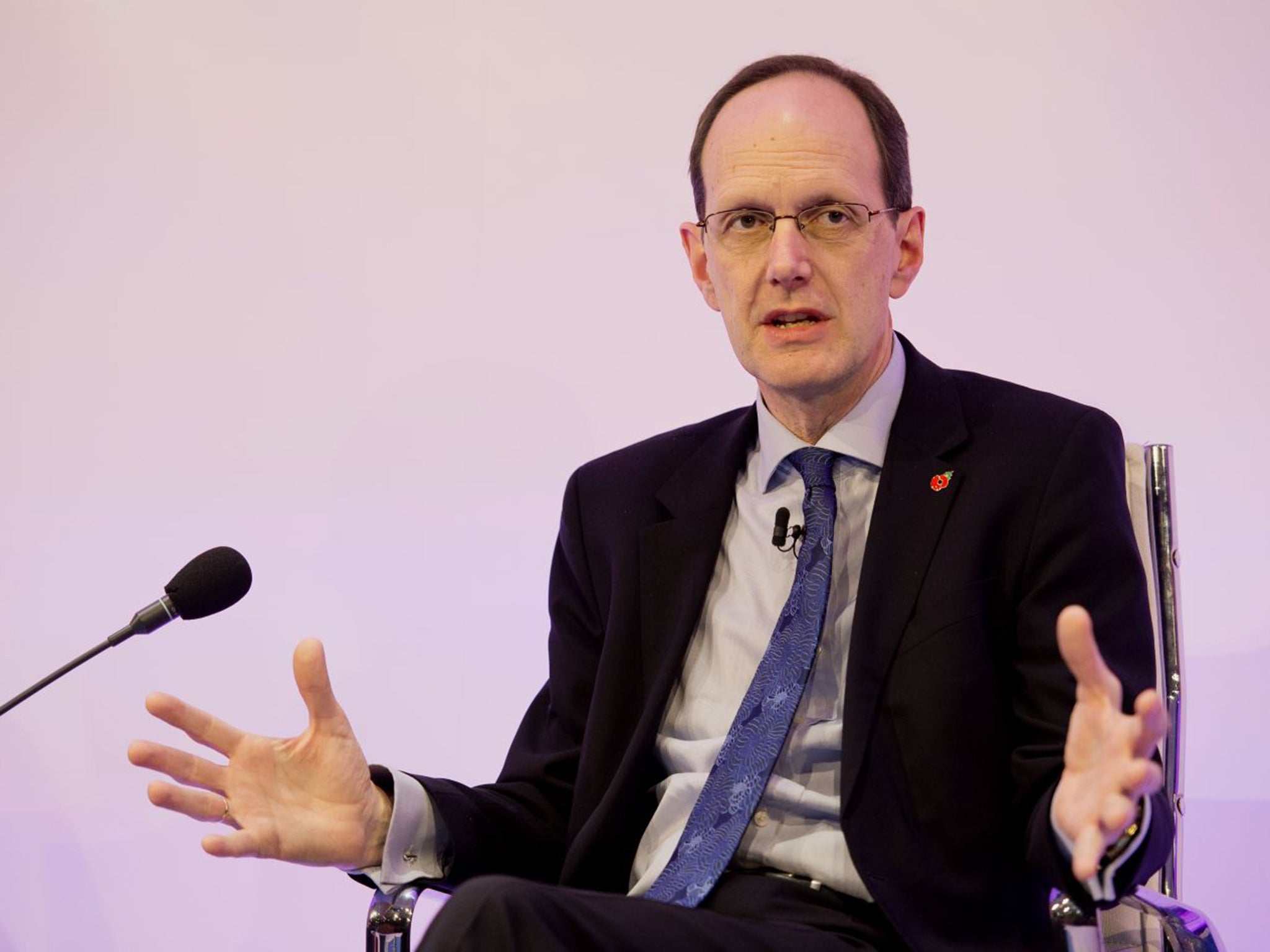
It is worth asking when this deference to the boardroom took root in British society. The answer, as with so many parts of the national fabric, lies in the early Victorian age, a time when the landed classes, conscious that political and economic power had begun to move beyond their control, realised that to survive it was necessary to conciliate the upstart forces threatening to displace them. There is, for example, a hugely significant moment in Dombey and Son (1848), in which the stolid Tory backbencher Sir Barnet Skettles, divining that he stands in the presence of little Paul Dombey, the son of Dickens’ pompous commercial titan, murmurs to his wife “City – very rich – most respectable”.
Nearly 170 years later, the world is full of Mr Dombeys. The CBI is crammed with them – tough, go-getting shit-kickers not only blithely intervening for sectional reasons in matters which concern the nation as a whole, but, by and large, doing so on a false prospectus. The really infuriating aspect of the businessman who weighs into a debate about, say, developing the greenbelt or fracking, is his – rarely her – determination to present himself as a bountiful old softie who has the national interest at heart. One could see this in the Heathrow row, with all its chatter about “jobs” and “investment”. Naturally, there will be jobs, but the money will be made by property developers and the investment, so far as one can judge, is mostly coming from Qatar.
Then there is that persistent refusal to acknowledge that the majority of people outside the loop so much as exist. Only the other day, my colleague Chris Blackhurst, writing in our stablemate paper The Independent, recalled a dinner with an aviation executive from Heathrow who, in response to his complaints about noise and pollution, told him that it was his own fault for living beneath the flightpath. I had a similar experience a couple of years ago with a gas-prospector who, when presented with one or two of the obvious arguments against fracking, looked faintly bewildered. There was oil in the ground wasn’t there? Then clearly it was our duty to extract it.
Doubtless, business would probably be shocked to learn that the face it presents to some members of the public – to those of us trying to communicate with utility companies, say, or petition giant finance houses – is one of incompetence and self-satisfaction. Meanwhile, the impasse over airport development will end up as one of the great symbolic stand-offs between the environmentally concerned and the “growth” boys of the CBI. It is not a conflict which the former can win, because a runway will inevitably be built somewhere, to the further detriment of England’s arable.
If there is a tiny consolation it is that one group of business people, either the pro-Heathrow falange or the Gatwick lobby, will suffer the humiliation of discovering that, just this once, the door of the sweetshop is locked tight. But as I say, Mr Cridland is a charming man and a pleasure to talk to.

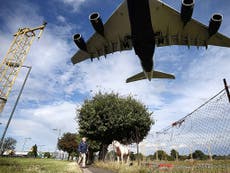
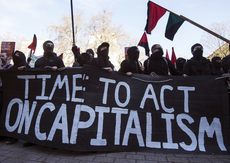

Join our commenting forum
Join thought-provoking conversations, follow other Independent readers and see their replies